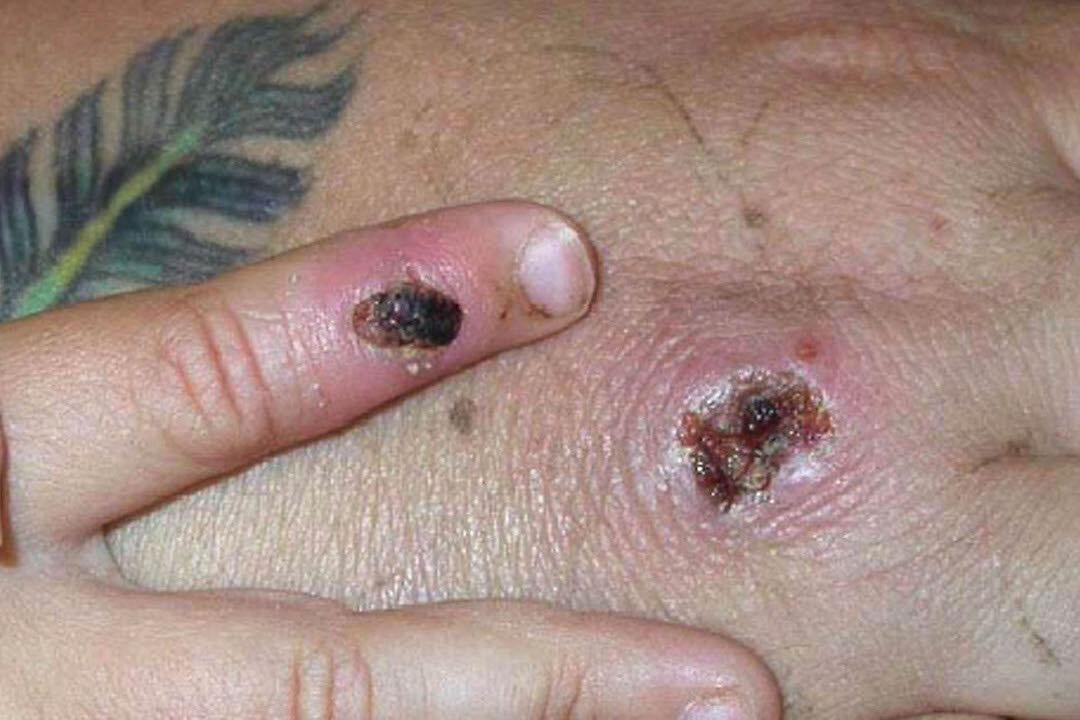The UK Health Security Agency (UKHSA) is advising people who have had contact with those who have contracted monkeypox to self-isolate for 21 days as Scotland recorded its first case.
Dr. Susan Hopkins, chief medical adviser for UKHSA, said monkeypox was spreading through community transmission and there have been at least 20 cases in Britain.





